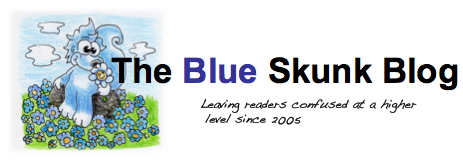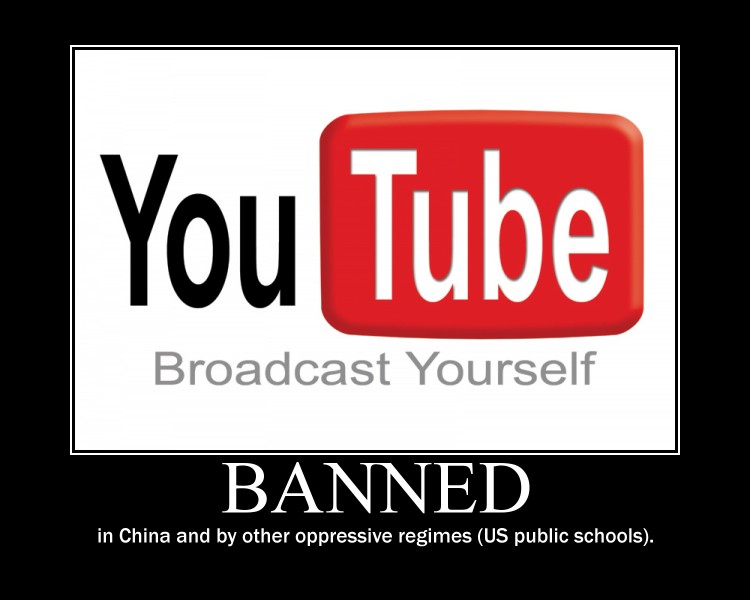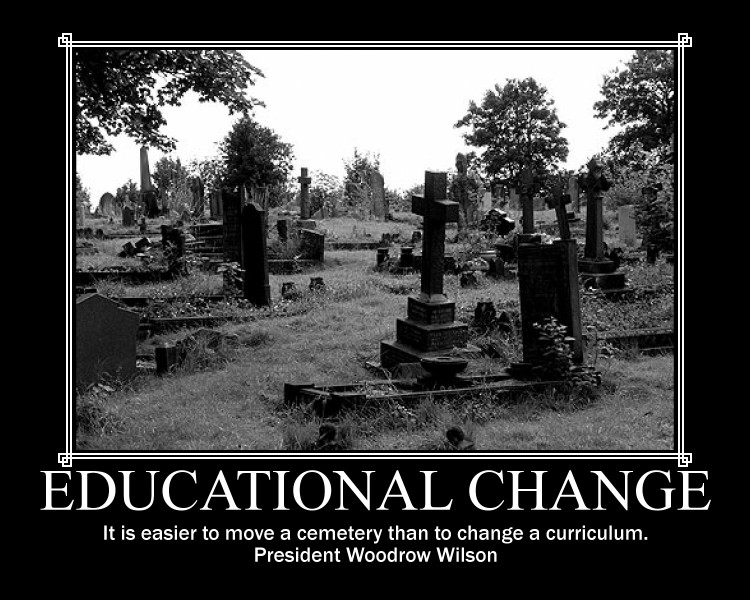Disheartened
 Wednesday, October 28, 2009 at 06:00AM
Wednesday, October 28, 2009 at 06:00AM In response to my recent post "13 Point Library Checklist for School Principals," an anonymous commenter left a rather sad observation:
Personally, I've found that given enough time and enough effort, all administrators can learn. But it is up to the building librarians to be the instructor. Nobody else can or will do it for us.
One of my earliest published articles, "Using Planning and Reporting to Build Library Support," appeared in the Book Report (now LMC) magazine way, way back when the earth was still cooling - 1992. Based on my own efforts as a high school librarian at the time, the second part of the article talks about the necessity for an ongoing, long-term, formal communication plan aimed in large part directly at the building principal. Nothing has changed except the number and quality of tools with which we can communicate. Really.

As a profession we too often bemoan the fact that principal training programs, administrative conferences, and professional journals either ignore or malign librarians. Leading me to believe that too many of us have developed a "victim" mentality.
Here's my bold prediction: Anyone who thinks of him/herself as victim in education will wind up as one.
Somehow your principal managed to scrape together enough brains to get a college degree (probably a couple), fool somebody in an interview, and maybe even win the approval of others in your building and community. These folks are teachable. Take advantage of it.









